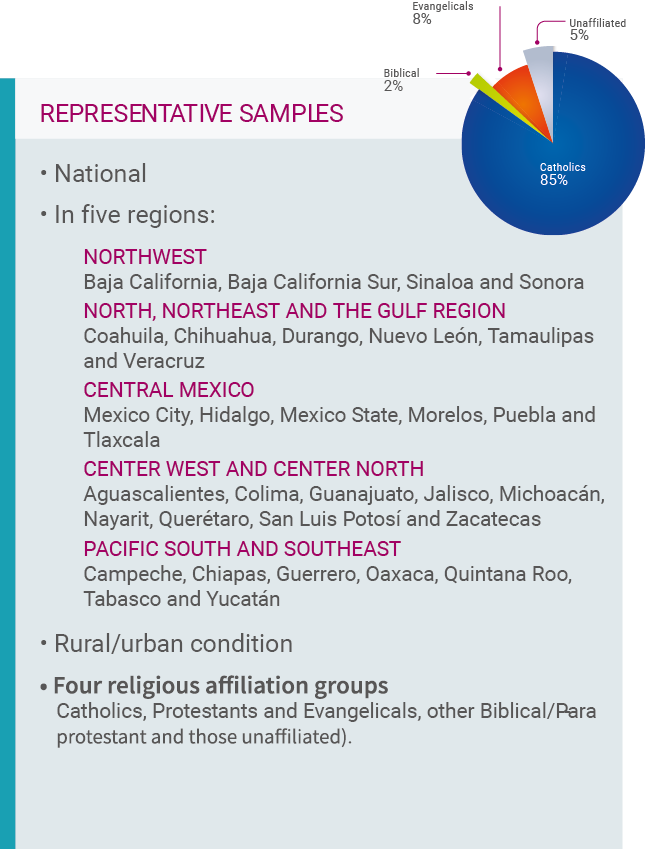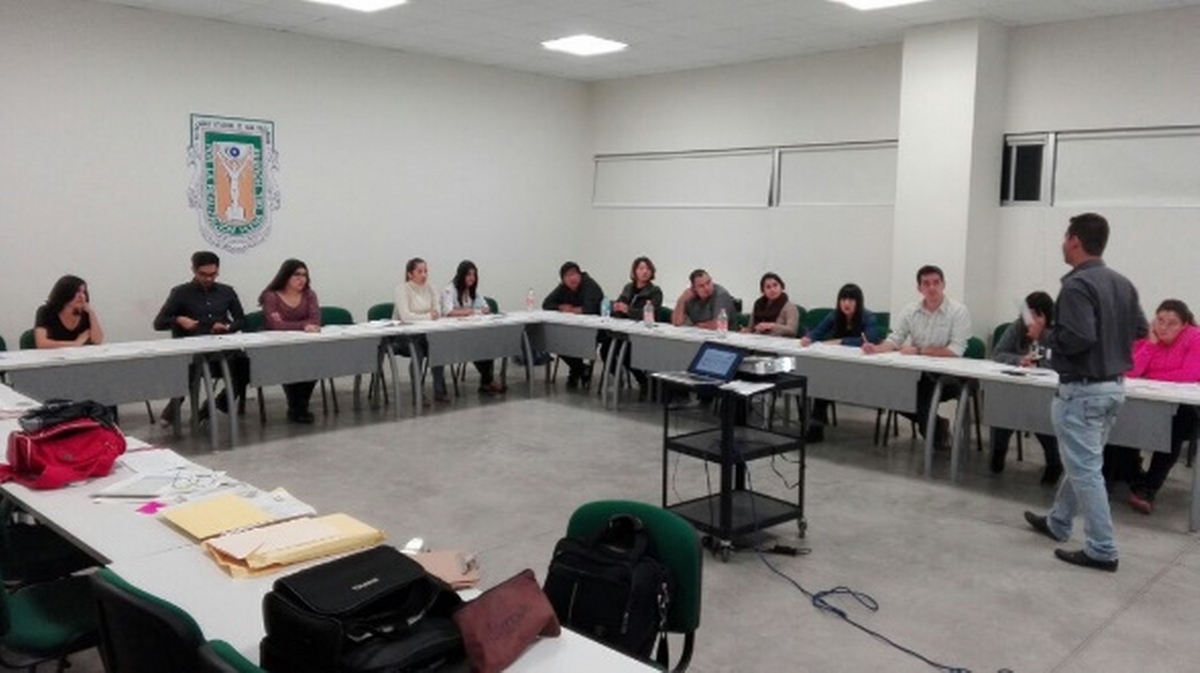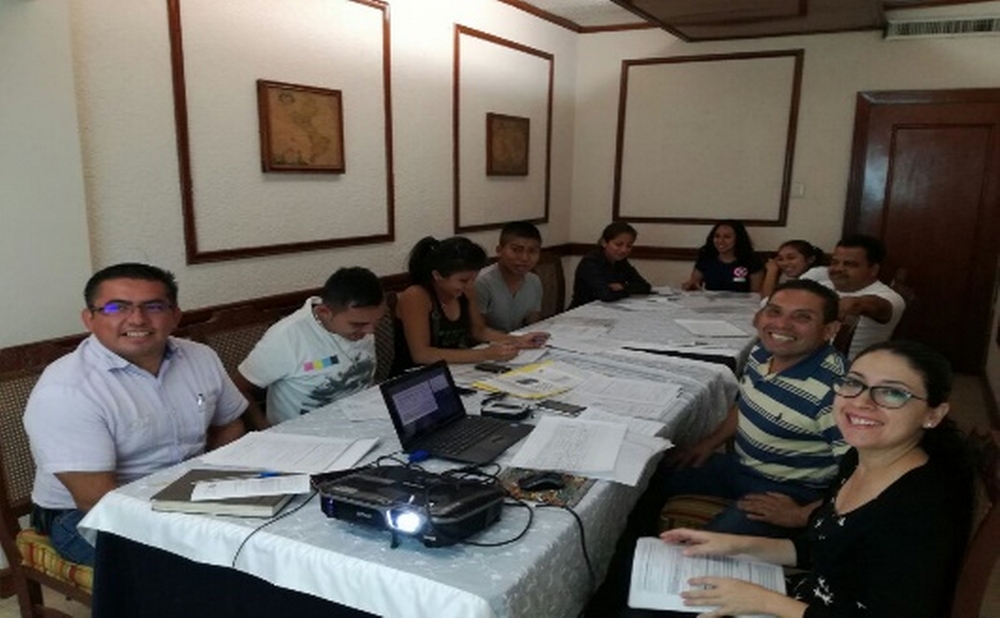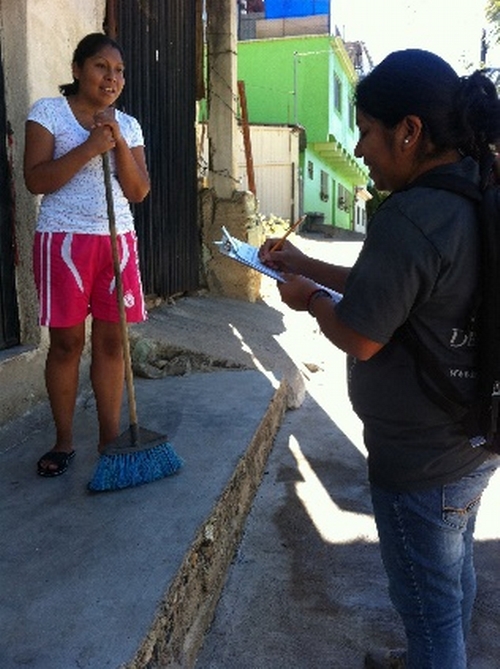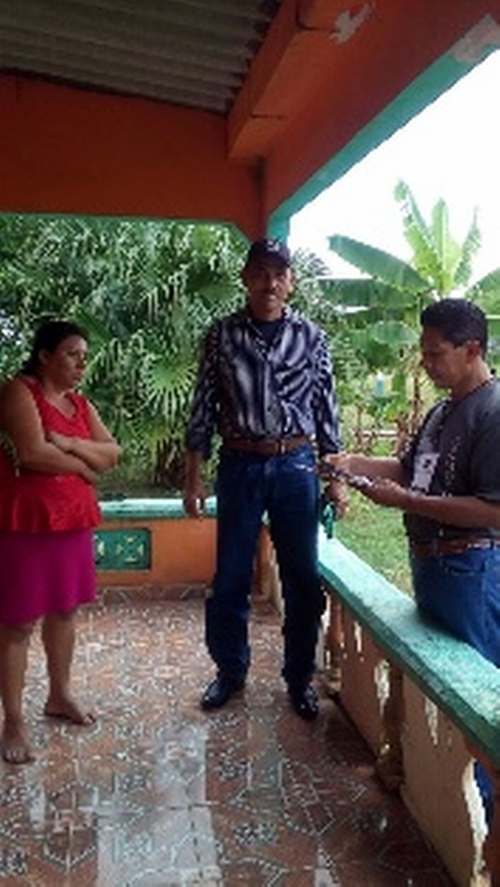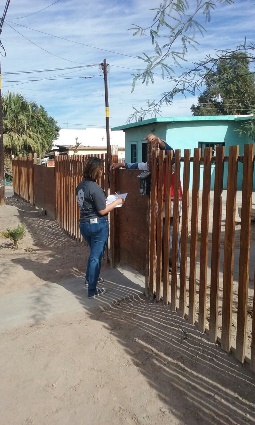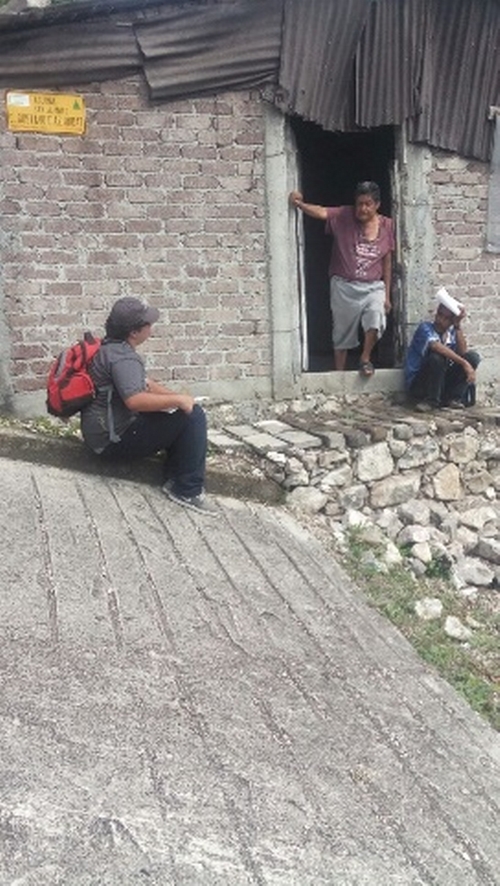Religious Beliefs and Practices in Mexico National SurveyENCREER/RIFREM 2016

INTRODUCTION
The present materials document outcomes from the rifrem 2016: Religious Beliefs and Practices in Mexico National Survey, based on a 3000-person, randomly selected sample designed to be representative of the general population.
The objective is to gain an understanding of the religious beliefs and practices of the Mexican people, including in different regions and with regard to major religions.
Outcomes are presented in five sections: “Changing Religion,” “Identity and Religious Commitment,” “Religious Practices,” “Key Beliefs” and “Perceptions on Religion and the Public Sphere.”
This survey constitutes a primary resource for undertaking a deeper analysis of this important social issue.
What does the survey shed light on?
- It describes religious belief and practices-modes that characterize the people of Mexico.
- It compares behaviors and characteristics that allow for an understanding of Mexico’s major religious groups.
- It demonstrates religiosity profile characteristics in different national regions.
- It captures reconfigurations between religious affiliations to a given church and individual identification with beliefs, practices and values.
- It contributes to an understanding of how religion is changing in Mexico, describing the growth of certain religions and opinions with regard to values of tolerance and pluralism.
Religious Change of the regions and their subregions of Mexico
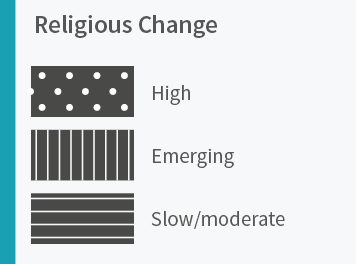
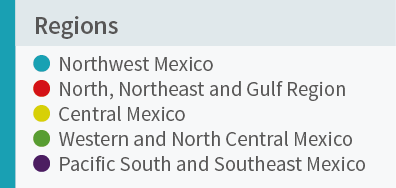

Methodological Description
Objective
Establish information about nationwide as well as regional beliefs and religious practices to allow for a comparative analysis within rural and urban populations as well as major religious affiliations in Mexico, in accordance with census information.
Population
The Mexican population over eighteen years of age, belonging to four religious affiliations: Roman Catholic, Evangelical (Protestant and Pentecostal), Biblical/ Paraprotestant (Jehovah’s Witnesses, Seventh-Day Adventists and Mormons) and no religious affiliation. Jewish and Islamic religions, etc., were omitted from the total Mexican population sample.
Sample
155 municipal jurisdictions in 32 states (or state-like districts; i.e.,100% of federal jurisdictions sampled).
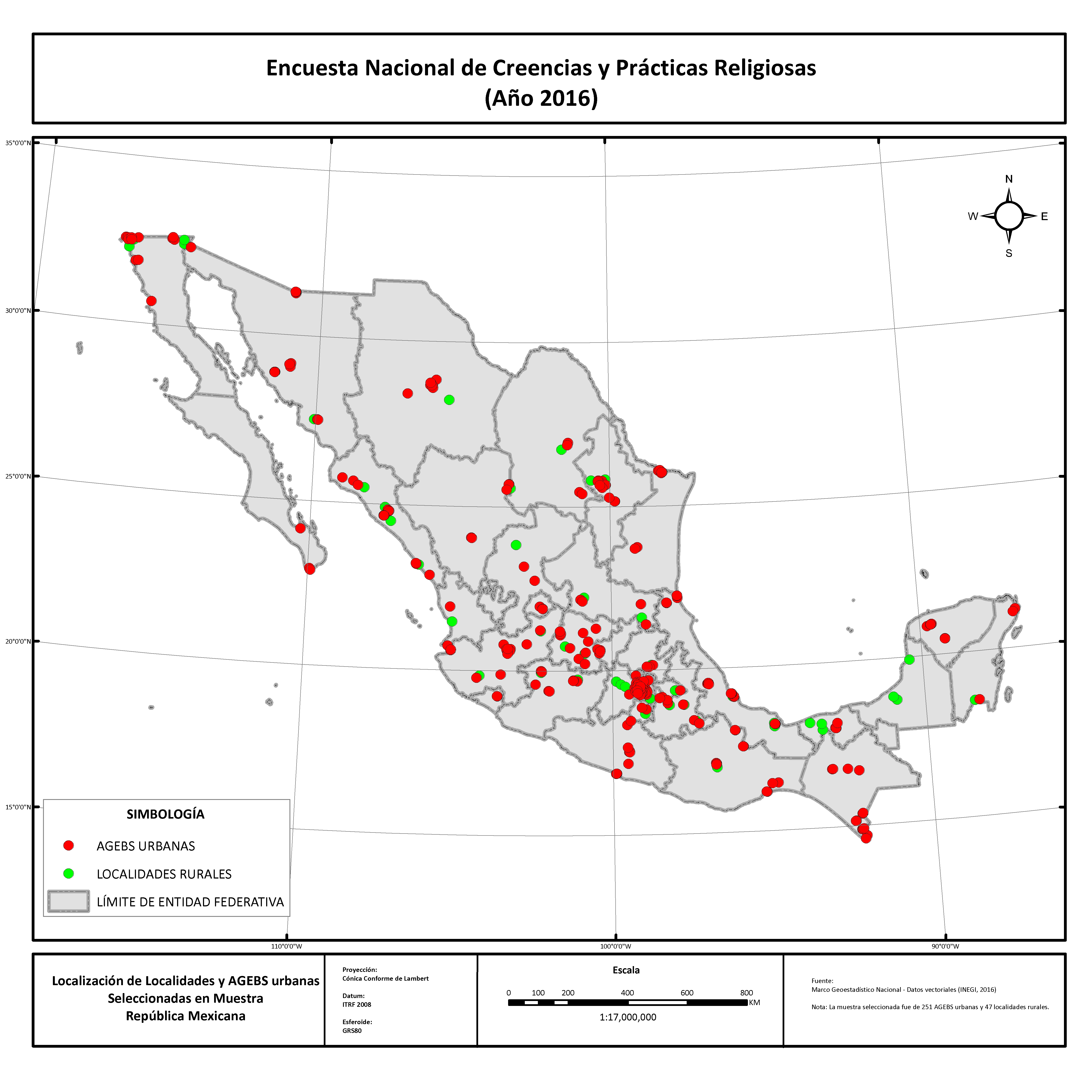
Sampling Points
agebs: 253 as a sample of 59,193. Rural jurisdictions: 47 as a sample of 187,722.
Sampling Technique
Random stratified sub-sample and proportional selection by size.
Survey Gathering Technique
In-person home visits guaranteeing interviewee anonymity.
Survey Period
29 October to 30 November 2016.
Designed Sample Size
3 000 cases.
Confidence Level
95%
Margin of Statistical Error
±2.5%
Survey Form
Methodological Guide for Contributors
